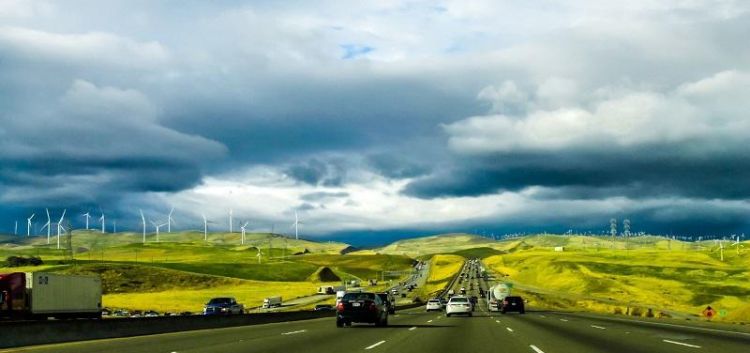Reducing global inequality - options for change

Research explores how we could meet climate targets while at the same time enabling poorer communities to use more energy to secure better living standards.
New research ‘Reducing inequality to secure human wellbeing and climate safety: a modelling study’ has just published in the journal Lancet Planetary Health.
The work examines the options as the world seeks to meet climate targets while at the same time enabling poorer communities to use more energy to secure better living standards.
Authors of the study, Dr Joel Millward-Hopkins and Dr Yannick Oswald identified that many of the technologies that promise to reduce global carbon emissions by capturing them are experimental and uncertain.
An alternative approach is to reduce how much energy the world uses. Researchers have mapped out a pathway that would reduce global energy demand by 40% by 2050, thus limiting temperature rise to 1.5 degrees Celsius. It showed this can be done while maintaining average living standards in the Global North and raising them in the Global South.
A wealthy citizen of a wealthy country, for example, may consume an amount of energy that could provide decent living standards for perhaps 50 people.
So, how much energy do people need to access to have a decent living? By 2050, each person would require an estimated 15 gigajoules of energy per year. That is well under a tenth of average energy consumption in the United States today.
Despite the studies showing global energy demand could be reduced to sustainable levels, there is no guarantee that everyone would have access to sufficient energy for a decent living. The reason is due to inequalities in the way energy is currently distributed. Consumption is highly unequal, within and between countries.
The seeds of Dr Millward-Hopkins’ work came when he was researching the energy required to provide decent living standards, globally. When studying the energy requirements of meeting basic needs in this way, it quickly becomes apparent how important inequality is. A wealthy citizen of a wealthy country, for example, may consume an amount of energy that could provide decent living standards for perhaps 50 people.
The challenge for reducing inequality is of a similar magnitude to that of reducing carbon emissions.
He explained his hopes for the impact of his work, “I hope it will highlight how difficult it would be to reconcile the current economic system with providing decent living standards universally and avoiding ecological breakdown. Almost everyone agrees that poverty is unacceptable, and that we should kep the planet habitable. Our argument is that this may require global inequality to reduce to levels that haven't been seen for at least 150 years. The challenge for reducing inequality is of a similar magnitude to that of reducing carbon emissions.
The modelling projects that if, by 2050 global energy use was reduced to climate-safe levels but current energy consumption inequalities remained, over 4 billion people could lack access to decent living energy in the Global South alone, with at least 100 million in the Global North suffering the same fate.
The research was funded by the Centre for Research into Energy Demand Solutions and the Leverhulme Trust.
Dig deeper
Read the Global inequality Conversation piece:
‘Global inequality must fall to maintain a safe climate and achieve a decent standard of living for all – it’s a huge challenge’
From the School of Sociology and Social Policy:
Communicating net zero and the cost of living crisis




